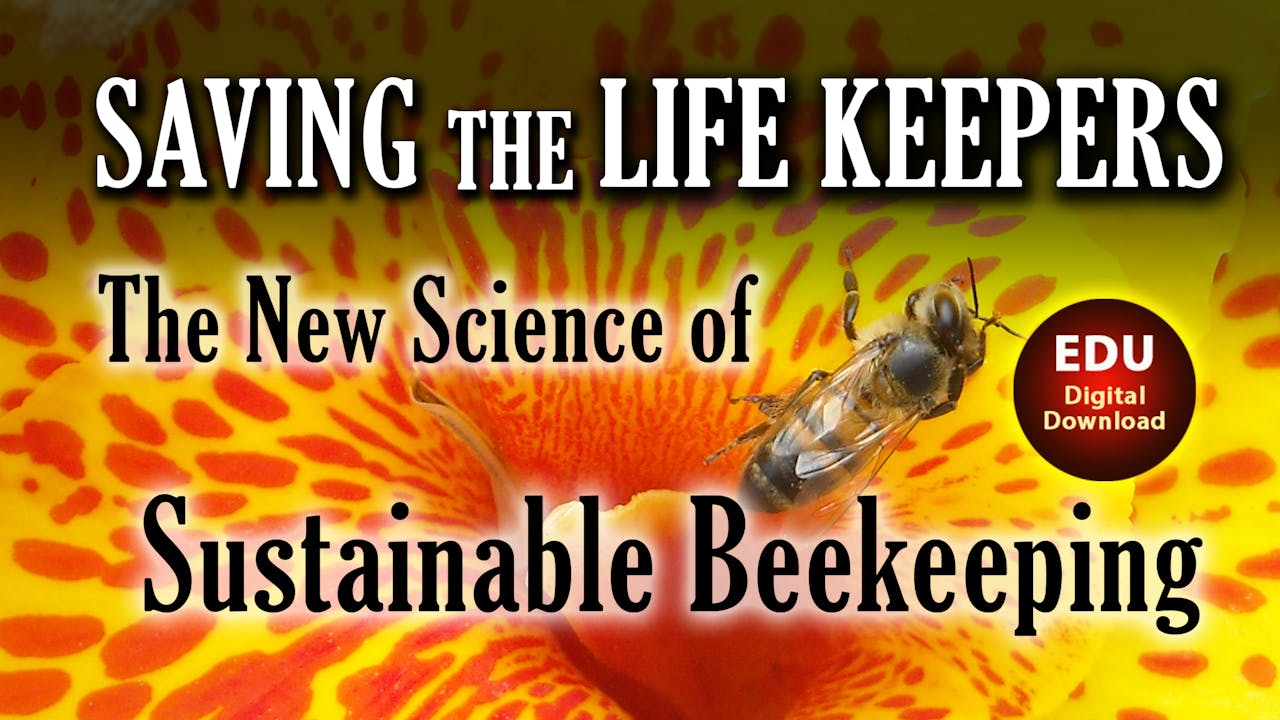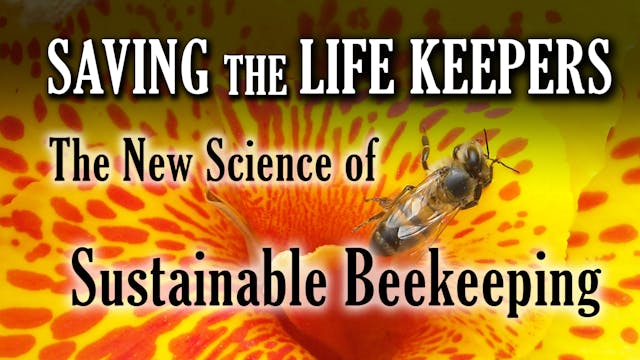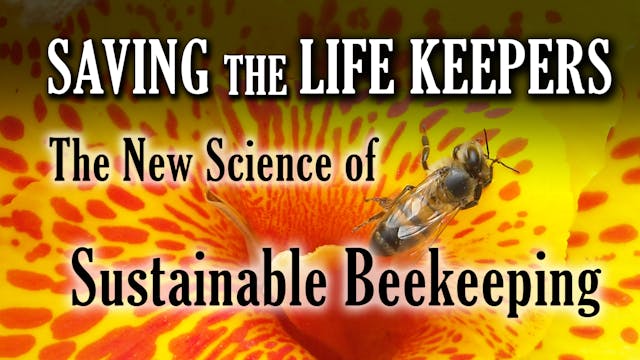SAVING THE LIFE KEEPERS - EDU
The New Science of Sustainable Beekeeping. From the forests of Mexico to the farm lands and cities of North America, learn how successful beekeepers overcome challenges and develop sustainable practices to improve the quality and quantity of honey bee populations.
Saving the Life Keepers, reveals how local citizens, farmers, small and large businesses as well as beekeepers can help protect and preserve bee populations throughout the world.
This documentary offers several practical solutions. These include:
- Utilizing the biodiversity of plants,
- Mass plantings of protein rich flowers,
- Queen bee organic mating yards,
- How to fight bee parasites and diseases without chemicals and antibiotics
- How beekeepers work successfully with productive and resistant Africanized bees
A humanistic adventure based on the extraordinary realities of the present, this documentary marks the way to sustain the future for generations of people and bees yet to come.
Produced and Directed by Jocelyn Demers, Monde Films
2013 | 62 mins
CHAPTERS INCLUDE:
Urban farming
Looking at a Queen
The great Queens
Bee happiness
Importation
Native bees
Migratory pollination
Wax and Honeycomb
Feeding the bees
Chef and beekeeper
Beescaping
Cooking with honey
Communication
Diseases and health
Farming with bees
Bee aware of nature
Tropical beekeeping
Africanized bees
Honey extraction
Biodiversity
Agriculture
Mayan traditions
Diseases and health
The local honey
-
Saving the Life Keepers
Saving the Life Keepers: The New Science Sustainable of Beekeeping
From the forests of Mexico to the farm lands and cities of North America, learn how successful beekeepers overcome challenges and develop sustainable practices to improve the quality and quantity of honey bee populations.
Pr...
-
TRAILER - Saving the Lifekeepers
From the forests of Mexico to the farm lands and cities of North America, learn how successful beekeepers overcome challenges and develop sustainable practices to improve the quality and quantity of honey bee populations.



